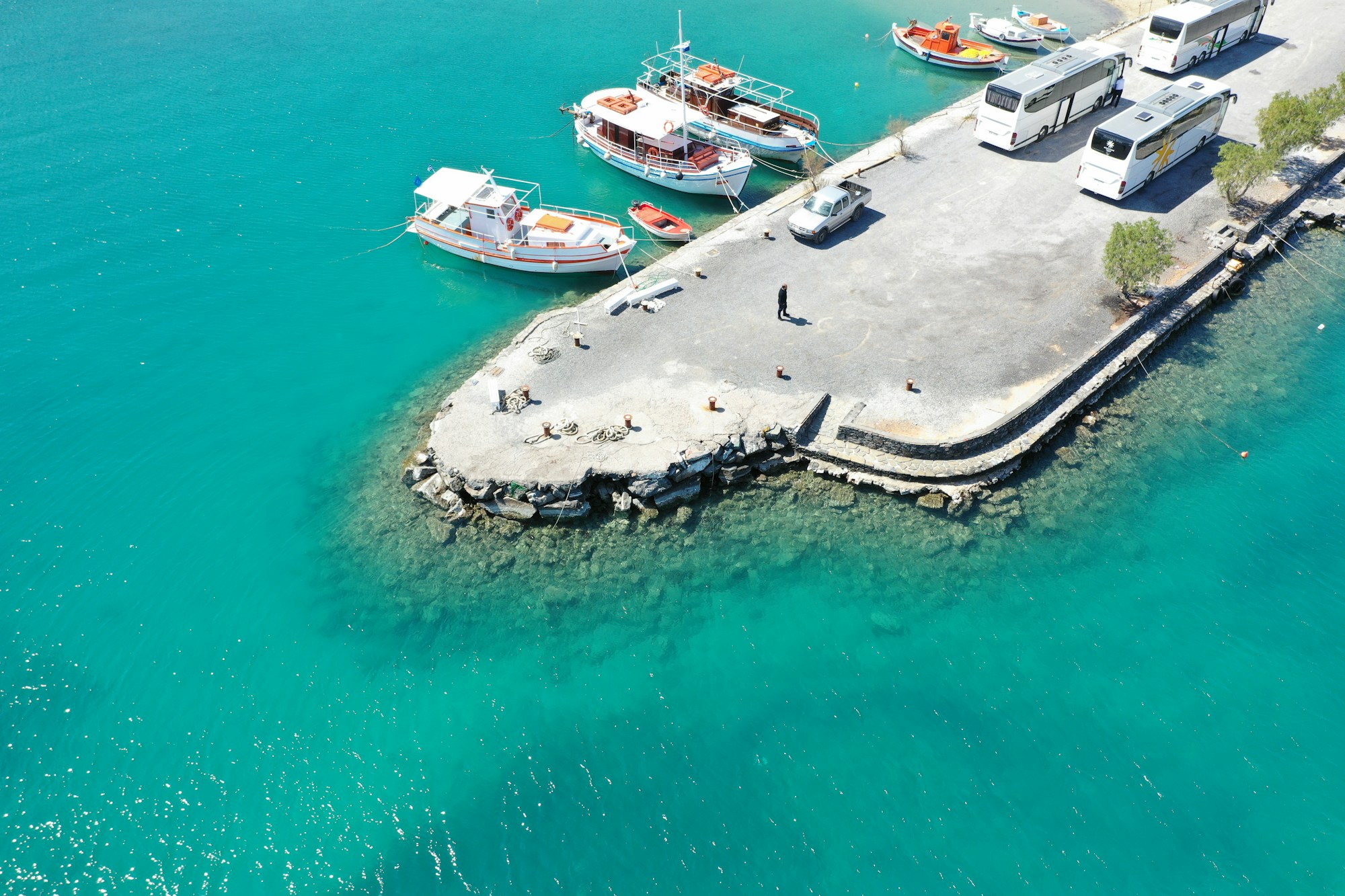Elounda Travel Guide: History, Customs, Traditions & Festivals
Discover Elounda's rich history, unique customs, vibrant traditions, and captivating festivals in our concise travel guide.

Elounda Travel Guide: History, Customs, Traditions & Festivals
Historical Background
Elounda, a charming coastal town located on the northern coast of the island of Crete, Greece, has a rich and storied past stretching back thousands of years. Originally known as the ancient city of Olous, Elounda has seen the rise and fall of several civilizations, including the Minoans, Dorians, Romans, and Byzantines.
Ancient Olous
The ancient city of Olous, which once stood where Elounda is today, was a prominent urban center during the Minoan period. Remnants of this period are evident in the extensive underwater ruins that can still be viewed today. Olous was one of the most significant cities in ancient Crete, boasting thriving trade and rich cultural life.
Roman and Byzantine Influence
During the Roman period, Elounda continued to flourish owing to its strategic location. The Romans left behind numerous relics, including cemeteries and well-preserved architectural structures. The Byzantine era also saw the construction of various churches and fortifications, with the remains of these ancient buildings offering a glimpse into the region's turbulent past.
Modern Elounda
Elounda has successfully transformed itself into a luxury travel destination while preserving its historical essence. It's a favorite spot for global celebrities and dignitaries, drawn by the opulent resorts and scenic beauty.
Customs and Traditions
Hospitality
Cretan hospitality, known locally as "philoxenia," is a key aspect of Elounda's cultural identity. Visitors can expect to be warmly welcomed by the local residents, who take immense pride in making travelers feel at home. It's commonplace for locals to offer “raki,” a traditional Cretan spirit, and share stories to foster a sense of community.
Traditional Clothing
While everyday attire in Elounda is mostly modern, traditional clothing can still be seen during religious ceremonies and special events. Women may don colorful embroidered dresses, while men wear the traditional “vraka,” a type of baggy trousers, along with a vest and silk sash.
Festivals
Elounda is home to many vibrant festivals throughout the year, each reflecting the town's rich traditions and cultural heritage.
Apokries (Carnival)
This festival, which precedes Lent, features parades, masquerades, and traditional Cretan music and dance. Both locals and tourists participate in the festivities, creating an atmosphere of communal joy and celebration.
Easter
Easter is one of the most significant religious events in Elounda. The week leading to Easter Sunday is filled with processions, church services, and feasts. The locals prepare traditional Easter dishes, including lamb, red-dyed eggs, and "tsoureki," a sweet bread.
Agios Nikolaos Festival
Celebrated on December 6th, this festival honors St. Nicholas, the patron saint of sailors. The event involves a religious ceremony, followed by a communal feast, traditional music, and dance performances.
Local Anecdotes
Legend has it that the waters around Elounda have mythological significance. According to local folklore, the goddess Athena once bathed in the waters of the town's picturesque lagoon, blessing it with perpetual prosperity and beauty. This story is often shared by the elders of Elounda, adding an enchanting layer to its already fascinating history.
Interesting Facts
- Elounda was a filming location for the television series "The Lotus Eaters," which aired in the 1970s.
- The ruins of the ancient city of Olous are submerged underwater, visible to snorkelers and divers.
- Elounda hosts an annual spiny lobster festival, celebrating its status as one of the best places in Crete to enjoy this delicacy.
